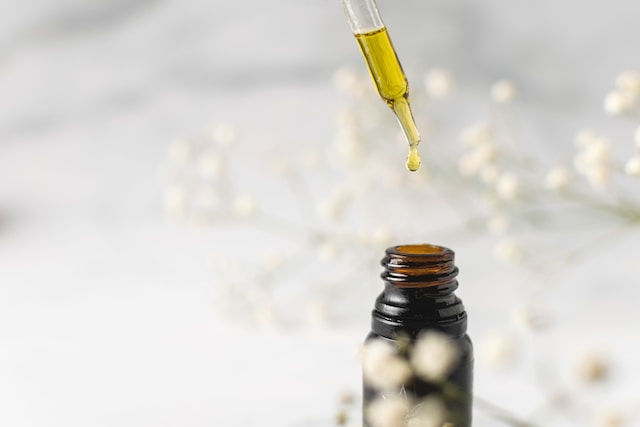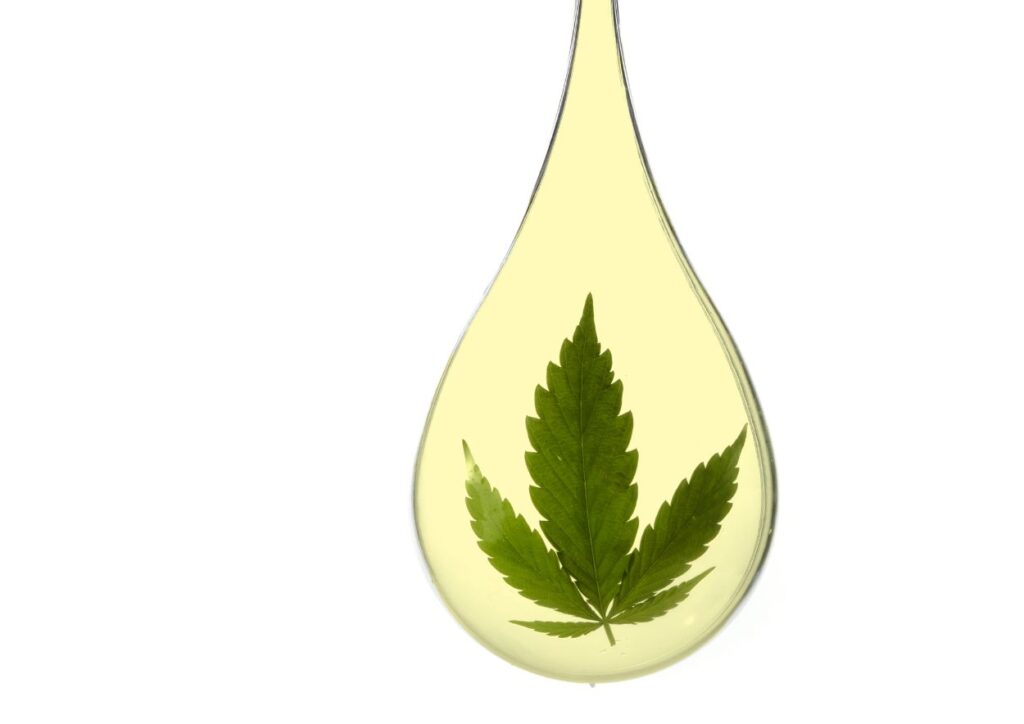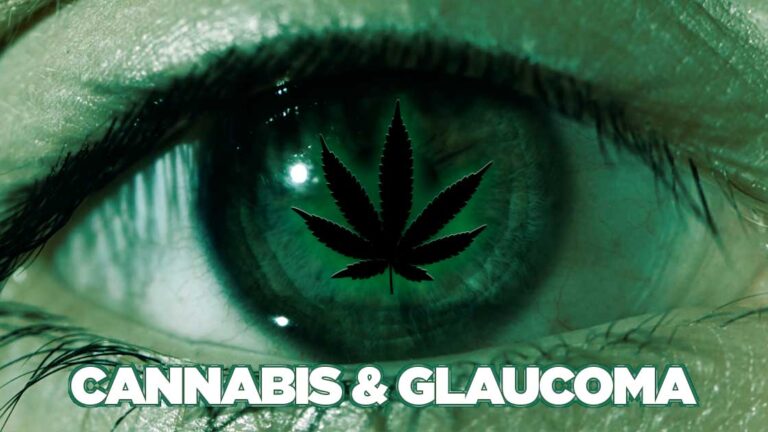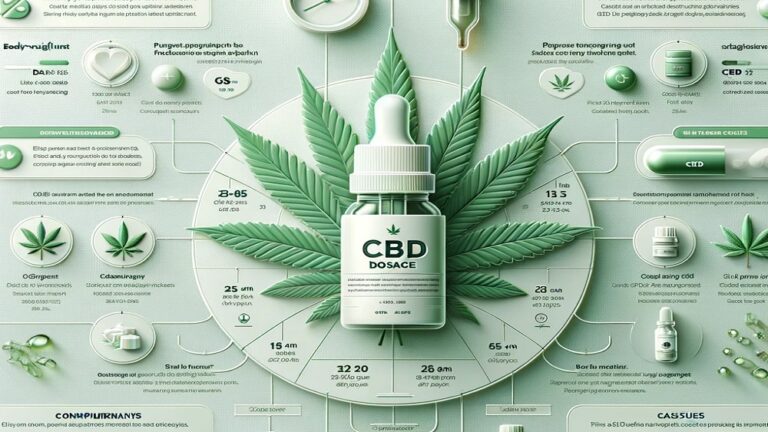
Exploring THC Oil: Your Complete Guide to Cannabis Concentrates
Introduction to THC Oil
THC oil, commonly referred to as weed oil or hash oil, is a concentrated cannabis extract that contains high levels of tetrahydrocannabinol (THC), the primary psychoactive compound in the cannabis plant. Unlike CBD oil, which is non-psychoactive, THC oil is known for producing the “high” associated with marijuana use. This makes it a popular choice for both recreational users seeking euphoria and medical users looking to manage specific symptoms.
The production of THC oil involves extracting cannabinoids and terpenes from cannabis plant material using solvents such as butane, ethanol, or CO2. The resulting product can vary in consistency, ranging from a thick, sticky resin to a more liquid oil, depending on the extraction method and the strain of cannabis used. Its potency, often reaching up to 90% THC, makes it significantly stronger than traditional cannabis flower, which typically contains 15-30% THC.
Types of THC Oil
THC oil comes in several forms, each with distinct characteristics and applications:

- Hash Oil: This is a highly concentrated form of cannabis oil extracted from the resin of the cannabis plant. Known for its potency, hash oil can contain up to 90% THC and is commonly used for vaping, dabbing, or as an ingredient in edibles.
- Weed-Infused Oil: These oils are infused with cannabis for culinary or topical use. They typically have lower THC concentrations than hash oil and are designed for therapeutic effects, such as pain relief, without necessarily producing a strong psychoactive experience.
- Other Forms: THC oil can also appear as shatter (a glass-like solid), wax (a soft, waxy substance), budder (a creamy consistency), or crumble (a dry, powdery form). These variations differ in texture but share high THC content and are popular for dabbing or vaping.
| Type | Description | Common Uses | THC Content |
|---|---|---|---|
| Hash Oil | Thick, sticky resin extracted from cannabis resin | Vaping, dabbing, edibles | Up to 90% |
| Weed-Infused Oil | Cannabis-infused oil for cooking or topical use | Edibles, topical application | Lower, varies |
| Shatter | Hard, glass-like solid | Dabbing, vaping | 70-90% |
| Wax/Budder | Soft, waxy or creamy texture | Dabbing, vaping | 70-90% |
| Crumble | Dry, powdery consistency | Dabbing, vaping | 70-90% |
Uses of THC Oil
THC oil has a broad range of applications, catering to both medical and recreational users:

- Medical Uses: Research suggests THC oil may help alleviate symptoms of chronic pain, nausea (especially in chemotherapy patients), and appetite loss associated with conditions like HIV/AIDS or cancer. It’s also used to manage symptoms of multiple sclerosis, epilepsy, and other neurological disorders. For example, drugs like dronabinol (a synthetic THC) are FDA-approved for nausea and appetite stimulation.
- Recreational Uses: Due to its high potency, THC oil is favored by recreational users for its intense psychoactive effects. It’s often consumed through vaping or dabbing for a rapid and powerful high, appealing to those seeking euphoria or relaxation.
- Hash Oil for Edibles: THC oil can be infused into foods and beverages to create edibles, such as brownies, gummies, or beverages. This method delivers a longer-lasting effect (up to 6-8 hours) compared to inhalation, though the onset is slower (30-90 minutes).
While these uses are promising, the medical benefits of THC oil require further research to establish efficacy and safety fully. Users should be aware that individual responses vary, and consulting a healthcare professional is recommended, especially for medical use.
Legal Status of THC Oil
The legal status of THC oil is complex and varies by region. In the United States, THC oil is classified as a Schedule I controlled substance at the federal level, indicating a high potential for abuse and no accepted medical use, despite its legalization in some states. As of 2023, 38 states, Washington D.C., and several territories have legalized medical cannabis with high THC levels, while 24 states allow recreational use. However, possessing THC oil in states where it’s illegal can lead to legal penalties.

Internationally, laws differ significantly. For example, Canada permits both medical and recreational use of THC oil under strict regulations, while many countries, such as Japan and Singapore, prohibit it entirely. Always research local laws before purchasing or using THC oil to avoid legal consequences. Resources like the National Conference of State Legislatures can provide updated information on U.S. regulations.
Safety and Risks
THC oil’s high potency and production methods introduce several risks that users should consider:
- High Potency: With THC concentrations often exceeding 70%, THC oil can produce intense psychoactive effects, which may be overwhelming, particularly for inexperienced users. Overconsumption can lead to anxiety, paranoia, or disorientation.
- Contamination Risks: Improper extraction, especially with solvents like butane, can leave harmful residues in the oil. A 2019 study linked some vaping-related lung injuries to unregulated cannabis products, highlighting the importance of quality control.
- Health Concerns: Regular use of high-potency THC products may increase the risk of psychiatric disorders, such as anxiety or psychosis, particularly in individuals with a genetic predisposition or family history of mental health conditions. Chronic use may also lead to cannabinoid hyperemesis syndrome, characterized by nausea and vomiting.
- Legal Risks: Possession or use in areas where THC oil is illegal can result in fines, arrests, or other legal consequences.
- Burn Risks: Dabbing involves using a blowtorch, which poses a risk of burns, especially if used while impaired.
To mitigate these risks, source THC oil from reputable suppliers who provide third-party lab testing to verify purity and potency. Start with low doses and use in a safe environment.
How to Use THC Oil
THC oil can be consumed in several ways, each offering a different experience:

- Vaping: Using a vape pen or device to inhale vaporized THC oil, which provides rapid effects (within minutes) but shorter duration (1-3 hours).
- Dabbing: Heating a small amount of oil on a hot surface (like a dab rig) and inhaling the vapor, popular for its immediate and intense effects.
- Edibles: Incorporating hash oil for edibles into foods or drinks, which offers a longer-lasting effect (6-8 hours) but with a delayed onset (30-90 minutes).
- Topical Application: Less common for high-THC oils, some weed-infused oils are applied to the skin for localized relief without psychoactive effects.
Dosage Tips:
- Beginners should start with a low dose (2.5-5 mg THC) to assess tolerance.
- Wait at least 2 hours before consuming more edibles to avoid overconsumption.
- Check product labels for THC content, as potency varies widely.
Always purchase from trusted sources to ensure safety and quality, and consult a healthcare professional before use, especially if you have health conditions or are taking medications.
Conclusion
THC oil, whether referred to as weed oil, hash oil, or cannabis concentrate, offers a potent and versatile way to experience the effects of cannabis. From medical applications like pain relief to recreational enjoyment through edibles or vaping, its uses are diverse but come with significant considerations. The high potency, potential health risks, and varying legal status require users to approach THC oil with caution and awareness. By sourcing high-quality products, starting with low doses, and staying informed about local laws, users can make safer and more informed decisions about incorporating THC oil into their lives.


